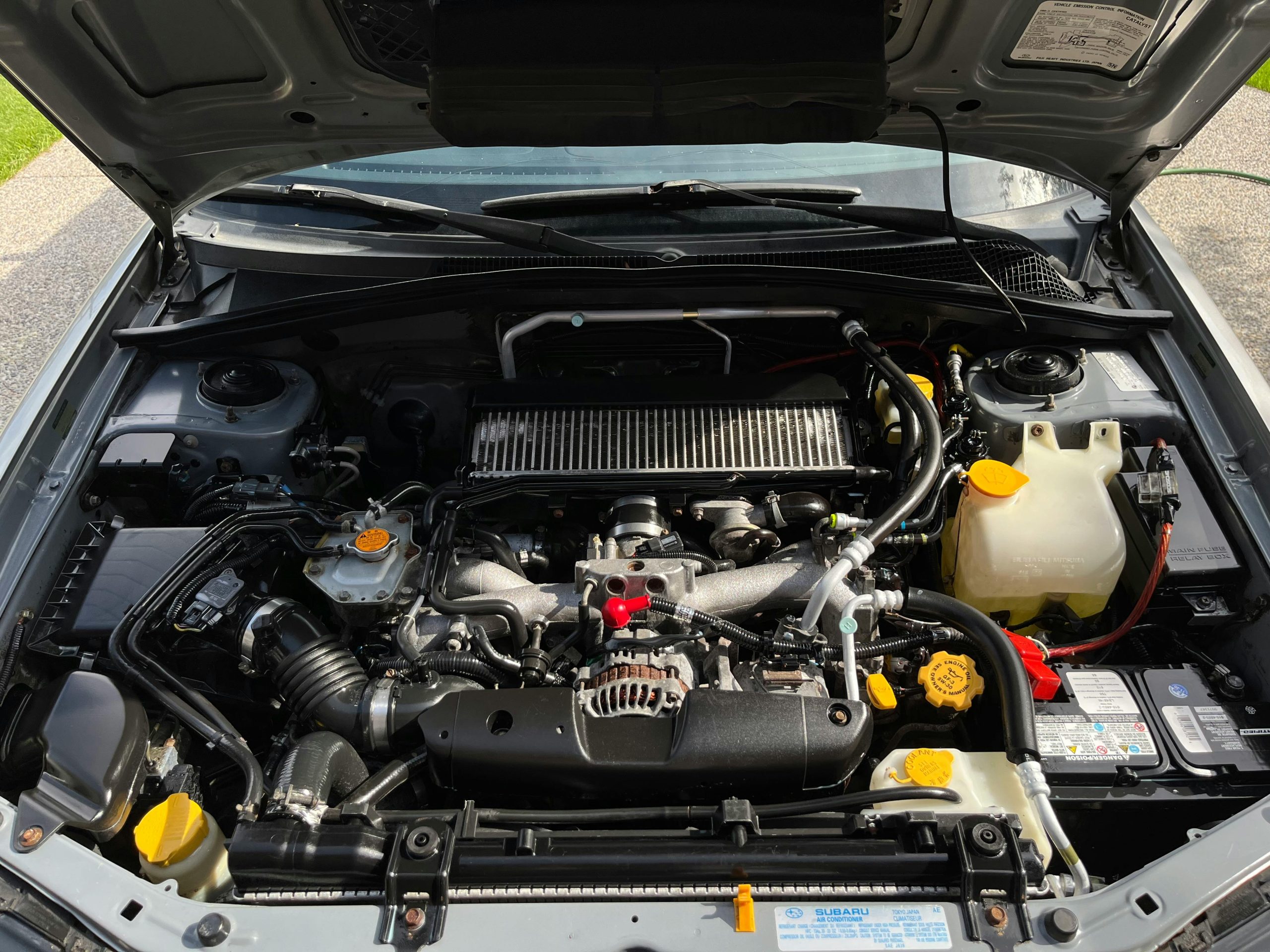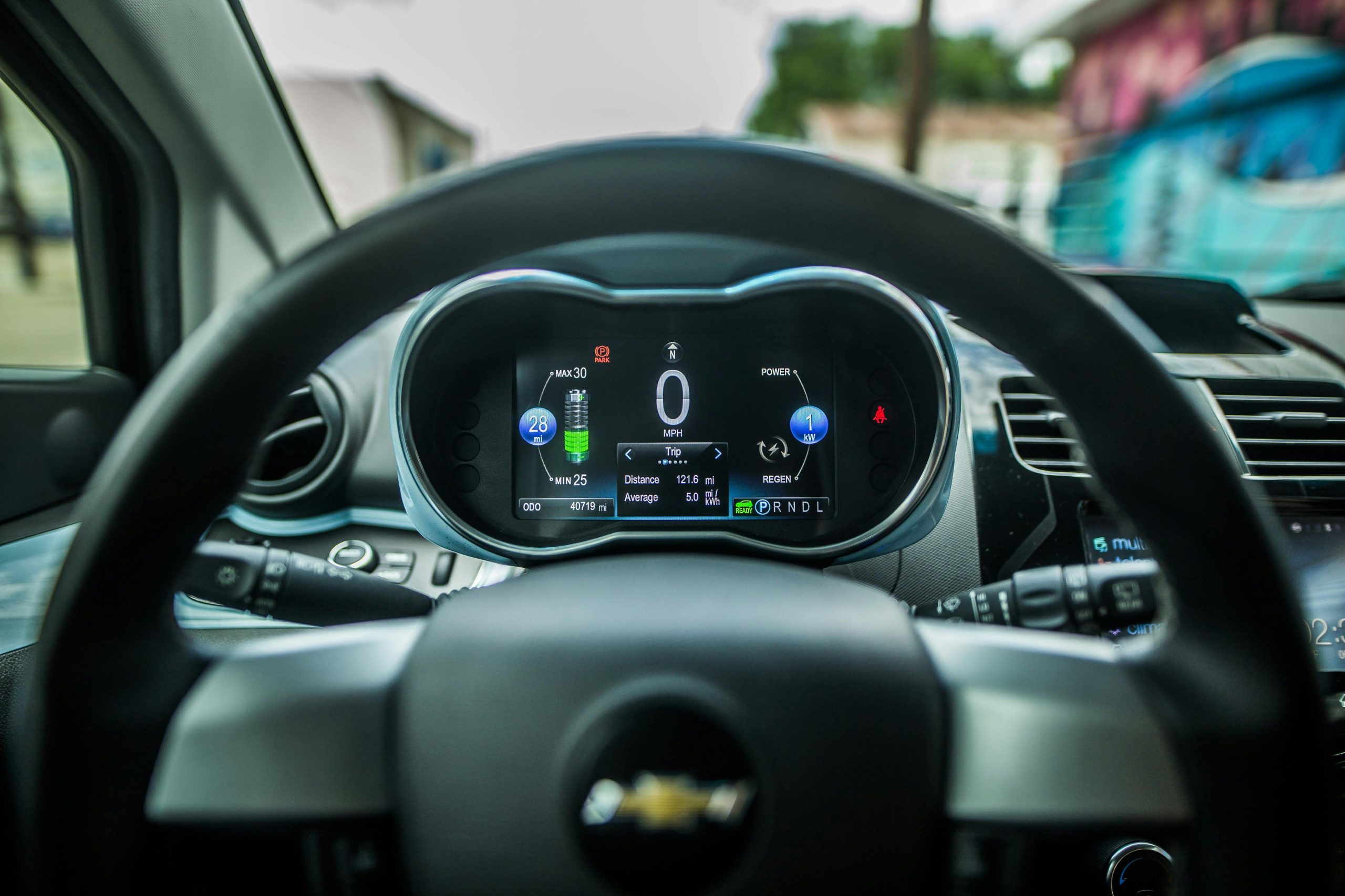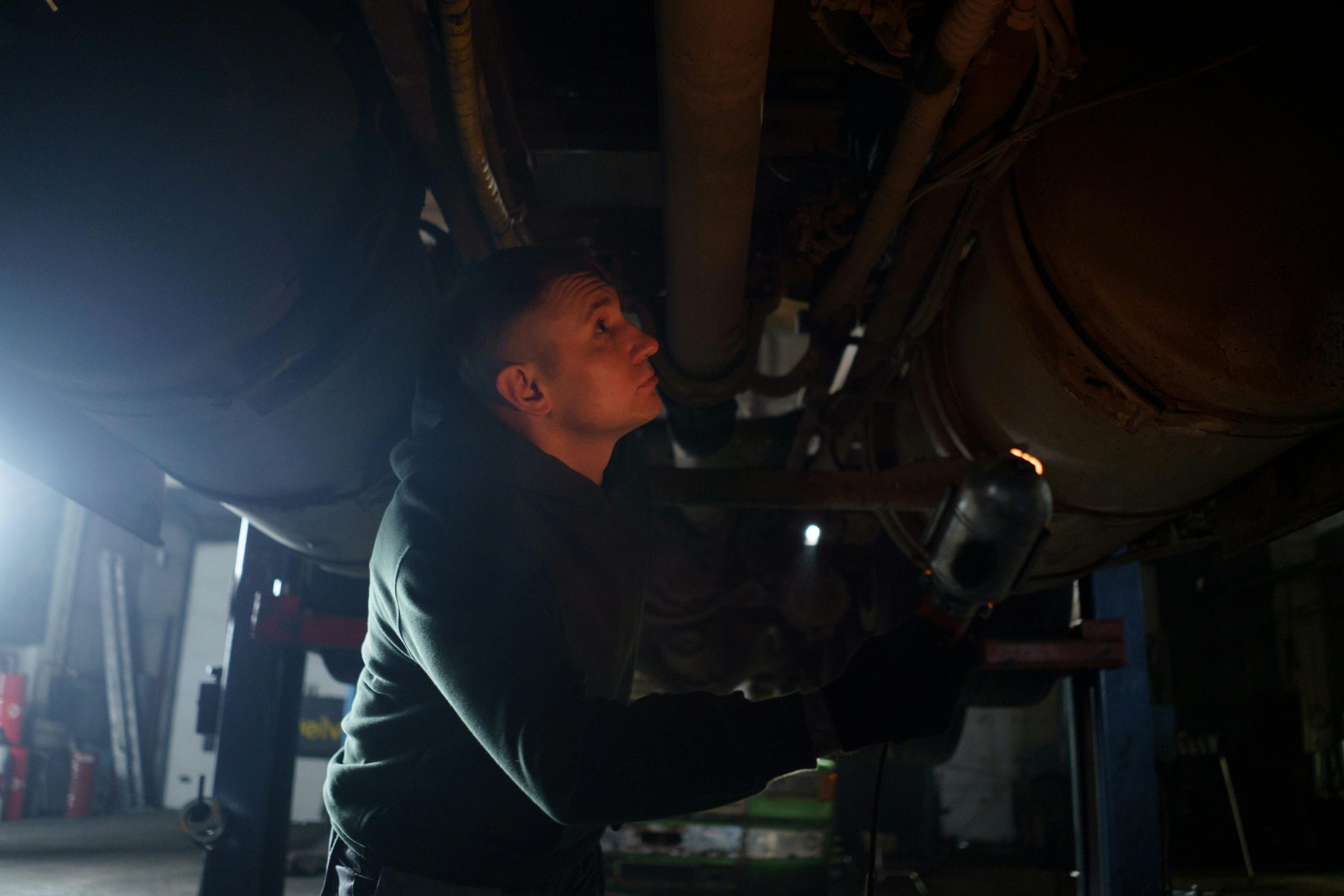If your car’s engine suddenly starts roaring louder than usual, it can be alarming. Beyond the noise being disruptive, a loud engine is often a sign that something is wrong under the hood.
Understanding the reasons behind a loud car engine and knowing what to do about it can save you from costly repairs and keep your car running smoothly.
In this article, we’ll break down the common causes of a loud engine, the risks of ignoring the issue, and practical steps you can take to resolve it.
Why Is My Car Engine So Loud?
A loud car engine isn’t just an annoyance; it’s a signal that something might need attention. Here are the common reasons your engine could be making excessive noise:
1. Exhaust System Issues
The exhaust system is designed to reduce noise and direct harmful gases away from your vehicle. If there’s a problem with the exhaust system, such as a leak or a damaged muffler, your engine noise can become significantly louder.
Signs to Look For:
- A rumbling or roaring noise that increases with acceleration.
- A noticeable decrease in fuel efficiency.
2. Faulty Spark Plugs
Spark plugs are essential for igniting the fuel-air mixture in the engine. If they’re worn out or damaged, your engine might misfire, leading to louder-than-normal noises.
Signs to Look For:
- Rough idling or jerky acceleration.
- A check engine light on your dashboard.
3. Worn-Out Engine Components
Over time, various engine parts like bearings, pistons, and belts can wear out or become damaged. This wear can create knocking, ticking, or clunking noises that make your engine louder.
Signs to Look For:
- Metallic tapping or knocking sounds.
- Decreased engine performance.
4. Low or Dirty Engine Oil
Engine oil lubricates the moving parts of your engine. When the oil is low or dirty, it can’t reduce friction effectively, leading to grinding or knocking noises.
Signs to Look For:
- Oil warning light on your dashboard.
- A louder engine when driving or idling.
5. Air Intake or Filter Problems
The air intake system controls how air enters the engine. If it’s clogged or damaged, your engine may work harder, resulting in more noise.
Signs to Look For:
- Whistling or hissing sounds.
- Poor acceleration or reduced fuel efficiency.
Why You Shouldn’t Ignore a Loud Engine
Ignoring a loud engine can lead to bigger problems down the line. Here are some of the risks:
- Increased Repair Costs: Small issues, like a faulty spark plug, can turn into major repairs if left unchecked.
- Reduced Fuel Efficiency: A loud engine often signals inefficiency, which means you’ll spend more on gas.
- Potential Safety Hazards: Problems like an exhaust leak can expose you to harmful gases or even start a fire.
- Permanent Engine Damage: Continuing to drive with a noisy engine can cause irreversible damage to critical parts.
What to Do About a Loud Car Engine
If your engine starts making unusual noises, take action quickly. Here’s what you can do:
1. Inspect the Exhaust System
Look under your car for visible damage to the exhaust pipe, muffler, or catalytic converter. If you suspect a leak, take your vehicle to a mechanic for further inspection.
2. Check and Replace Spark Plugs
Inspect your spark plugs for signs of wear, such as a blackened tip or visible damage. Replace them according to your car’s maintenance schedule, or sooner if they’re causing issues.
3. Top Off or Change Engine Oil
Check your engine oil level using the dipstick. If it’s low, top it off with the recommended type of oil for your vehicle. If the oil appears dirty, it’s time for an oil change.
4. Clean or Replace the Air Filter
A dirty air filter can make your engine louder. Inspect the filter and replace it if it’s clogged with dirt or debris. Regular maintenance can prevent this problem from occurring in the future.
5. Visit a Mechanic for a Diagnosis
If you’re unable to pinpoint the cause of the noise, or if the noise persists after taking the above steps, consult a professional mechanic. They have the tools and expertise to diagnose the issue accurately.
Tips for Preventing a Loud Engine
Regular maintenance is the key to keeping your engine running quietly and efficiently. Here are some tips to prevent engine noise:
- Stick to the Maintenance Schedule: Follow your car manufacturer’s recommendations for oil changes, filter replacements, and tune-ups.
- Pay Attention to Warning Signs: Address unusual sounds, dashboard warning lights, and performance issues as soon as they arise.
- Drive Gently: Avoid aggressive driving, which can put unnecessary stress on your engine and its components.
- Inspect Your Car Regularly: Check for visible damage, leaks, or wear, especially in the exhaust system.
Conclusion
A loud car engine is more than just an inconvenience; it’s your car’s way of telling you something needs attention.
Whether it’s a minor issue like a dirty air filter or a more serious problem like a failing exhaust system, addressing the cause promptly can save you time, money, and headaches down the road.
By understanding the common reasons for engine noise and knowing how to tackle them, you can keep your car running smoothly and enjoy a quieter ride. Remember, when in doubt, don’t hesitate to consult a trusted mechanic.



